The terrorist attack on the Algerian In Amenas gas plant served as a reminder to multinationals investing in North Africa that the region is still not safe

Part of a multinational risks series supported by
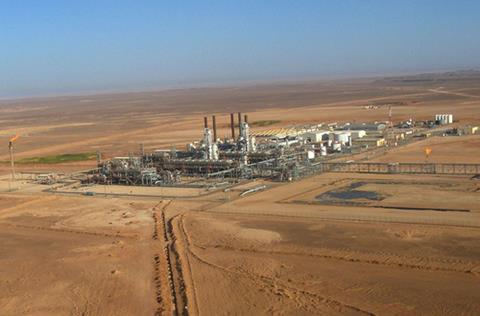
Just when the security situation was supposedly improving in North Africa, the deadly 2013 al-Qaeda-linked attack on the Tigantourine gas facility in In Amenas, Algeria, served as a reminder of the risks of doing business in the country’s remoter regions..
After the Algerian government had mounted a widely condemned operation to rescue about 800 hostages held at the plant, at least 39 foreign workers were killed, out of the 107 who had been originally captured.
Understandably, the attack shocked all three partners in the Tigantourine facility: Algerian state oil company Sonatrach, BP and Norway’s Statoil. In the wake of the atrocities many multinationals, including the last two above, agonised over continuing investment in Algeria and other high-risk countries in the MENA region. As a recent World Bank report notes, “the crisis serves as a grim reminder that investing in politically unstable countries is risky”.
Porous borders
NYA International, a crisis prevention and response consultancy, would agree, at least in relation to parts of North Africa. “Despite an increase in security awareness and application of measures post-In Amenas, the risk of terrorism in Algeria remains moderate to high, particularly along the borders with Mauritania, Mali, Niger and Libya,” it points out in its latest report. “AQIM [an Al-Quaeda linked group] and other jihadist groups operate across these porous borders and pose a significant kidnapping risk to foreign nationals in the more isolated southern and eastern border regions and the northeast Kabylie region.”
The attack also fuelled the debate about the degree to which political uncertainty hampers investments, if at all.
Despite the obvious dangers many multinationals, and especially energy companies, operate almost as a matter of course in high-risk regions. Late last year, Italy’s Eni SpA announced a major investment in Egypt’s oil and natural gas sector, while Kazakh oil company KazMunaiGaz has committed to a long-term involvement in Libya, whose political situation is deteriorating.
However, are companies really deterred from pouring resources and committing personnel into unstable regions? The academic literature on this trillion-dollar issue is contradictory. “Empirical studies on the effect of political instability of foreign direct investment (FDI) have yielded distinctly divergent results,” the World Bank paper notes. “Some have documented a strong negative relationship between FDI and political turmoil, while others have found no significant effects and concluded that political unrest and institutional quality are not important determinants of investment flows.”
As several North African nations struggle to restore an investment-friendly environment in the wake of the Arab Spring, the issue will be a hot topic in the boardrooms of multinationals for the foreseeable future. It certainly is the case at Spain’s Repsol group. As chief executive Antonio Brufau Niubó told shareholders recently, the oil giant is proceeding with caution in Libya. “Our company has demonstrated its ability to manage a complicated context characterised by the conflict in Libya and its general economic deterioration”.
Some of the bolder foreign companies have profited from instability such as diamond miners in Angola during its civil war. They did so, the World Bank points out, because they were able to negotiate lower licensing costs – hence leading to higher profits – because the Angolian authorities found themselves in a weak bargaining position. These companies have since established a foothold in Angola, although at some risk to personnel. As the World Bank report adds, the risks were seen to be justified by the higher rewards gained by first-mover advantages.
Judging by the World Bank’s definition of political instability, a number of countries in North and Sub-Saharan Africa would qualify. The definition encompasses any country with unstable regimes or governments – that is, ranked by political, religious and ethnic violence. Another warning sign is a business environment characterised by opaque practices in contracts. Finally, erratic enforcement of law and order by a weak judiciary is another indicator.
Obviously, political stability is desirable. As International Monetary Fund president Christine Lagarde said in Morocco in mid-May: “The good news is that the economic situation in the Arab transition countries is looking up – higher exports, higher public investment and signs that private investment will rise. Countries such as Morocco are reaping the fruits of their efforts by diversifying and spurring exports and foreign investment – especially in high value-added areas such as cars, aeronautics, and electronics”.
As Lagarde added, “none of this is accidental”.
This article was taken from StrategicRISK’s guide to multinational risks supported by AIG. This guide can be viewed or downloaded here.





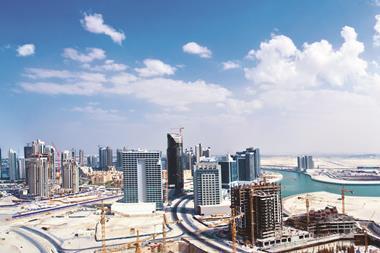
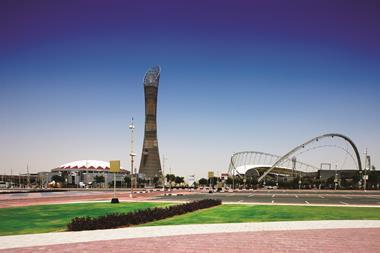
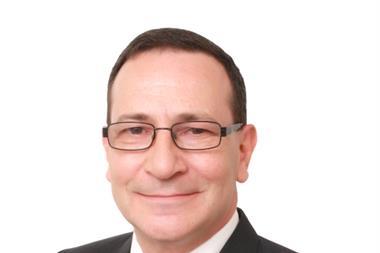
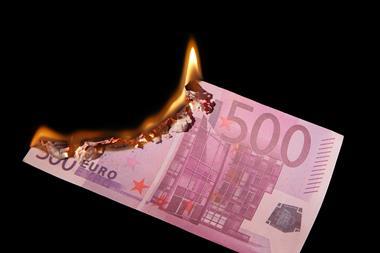
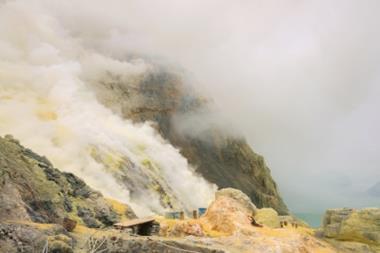
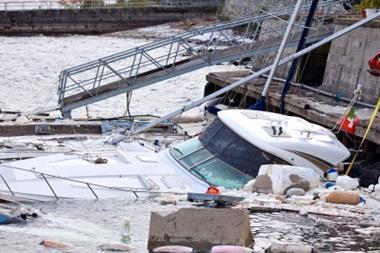









No comments yet